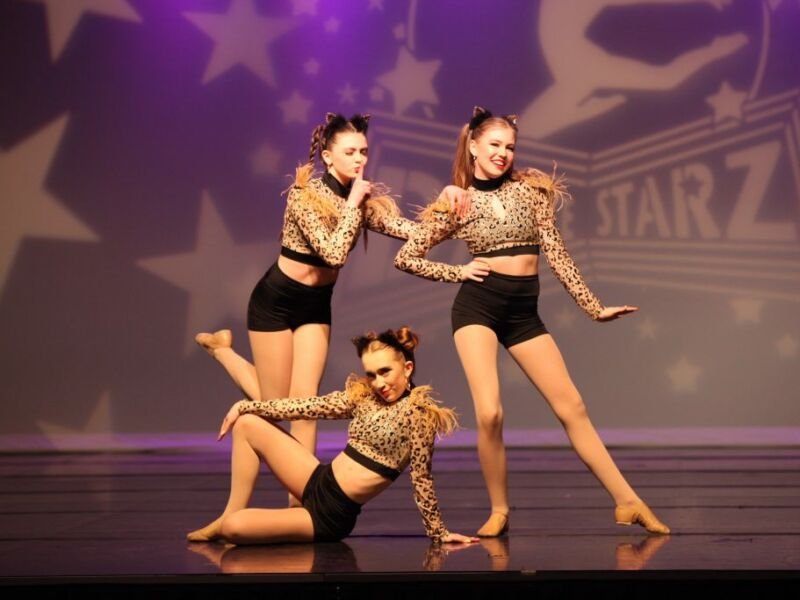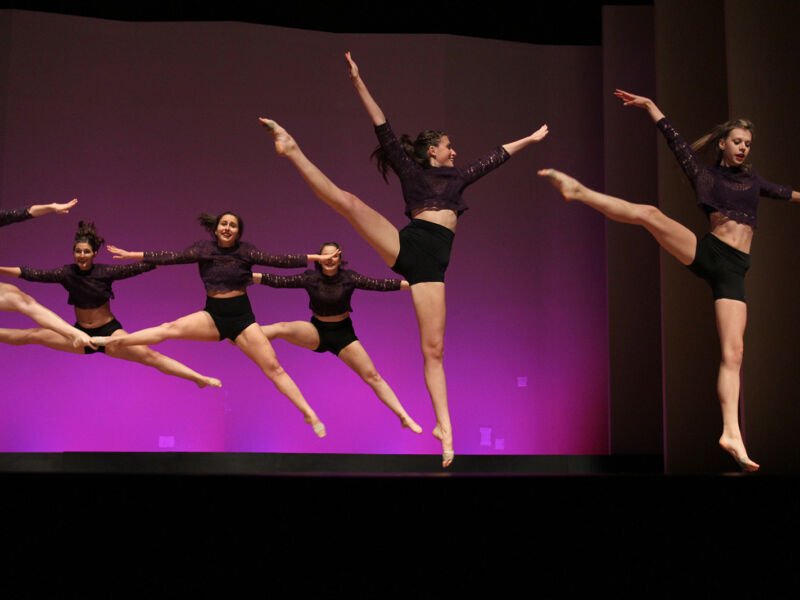
The Significance of Dance Competition Etiquette and Sportsmanship
Dance competitions serve as platforms for dancers to showcase their talent, passion, and hard work. Besides the technical aspects of their performances, dance competition etiquette and sportsmanship play a vital role in creating a positive and supportive environment for all participants. Upholding these values not only reflects the dancer’s character but also significantly impacts the overall experience for everyone involved.
Fostering a Supportive Community
At its core, dance competition etiquette encourages dancers to respect and support one another. It emphasizes the importance of cheering on fellow competitors and celebrating their achievements. By fostering a sense of camaraderie, dancers create a welcoming and uplifting community where they can learn from and inspire one another.
Promoting Fairness and Integrity
Sportsmanship in dance competitions revolves around maintaining fairness and integrity. Dancers are expected to adhere to the rules and regulations set by the competition organizers. They should embrace honest competition and refrain from engaging in negative practices such as sabotage, cheating, or belittling other participants. Sportsmanship ensures that all dancers have an equal opportunity to succeed and fosters a healthy competitive atmosphere.

Enhancing the Overall Experience
Positive dance competition etiquette and sportsmanship create an enjoyable experience for dancers, judges, and audience members alike. When dancers demonstrate good sportsmanship, they show respect for the art form and the work of their fellow performers. This, in turn, enhances the overall quality of the competition and helps to maintain its reputation as a prestigious and honorable event.
Impacting Personal Growth
Practicing dance competition etiquette and sportsmanship can have a profound impact on a dancer’s personal growth. By embodying these values, dancers develop a strong work ethic, discipline, respect for authority, and the ability to gracefully handle both success and disappointment. These qualities not only benefit their dance careers but also translate into valuable life skills.
Etiquette Guidelines for Dance Competitions
Arrival and Preparation
1. Arrive early to allow sufficient time for warm-up and costume preparation.
2. Respect the competition venue and maintain cleanliness in dressing rooms and common areas.
3. Follow guidelines regarding appropriate attire and grooming.
Backstage Behavior
1. Encourage and support other dancers backstage.
2. Avoid excessive noise or disruptive behavior that may distract fellow performers.
3. Be mindful of personal space and the needs of others when sharing backstage facilities.

During Performances
1. Showcase professionalism and focus throughout the entire routine.
2. Refrain from engaging in negative or distracting behavior during fellow performers’ routines.
3. Adhere to the instructions and cues given by stage managers or competition officials.
Audience Etiquette
1. Avoid excessive talking or disruptive behavior during performances.
2. Applaud and acknowledge the efforts of all dancers, regardless of personal preferences or affiliations.
3. Turn off or silence personal electronic devices to minimize distractions.
The Role of Sportsmanship in Dance Competitions
Supporting Fellow Dancers
1. Cheer for and celebrate the successes of other competitors.
2. Offer encouragement and comforting words to dancers who may be feeling nervous or disappointed.
3. Avoid making negative or derogatory remarks about fellow dancers.
Showing Respect to Judges
1. Accept judges’ decisions with grace, regardless of the outcome.
2. Avoid arguing or questioning the judges’ scores or critiques.
3. Respect the time and effort judges dedicate to evaluating performances.
Exhibiting Gratitude
1. Thank the competition organizers, staff, and officials for their hard work in facilitating the event.
2. Express appreciation to teachers, choreographers, and mentors for their guidance and support.
3. Acknowledge the contributions of family and friends who have supported the dancer’s journey.
Embracing Healthy Competition
1. Focus on personal growth and improvement rather than solely aiming to surpass others.
2. Congratulate and acknowledge the achievements of competitors, regardless of rankings.
3. Avoid engaging in negative behavior such as gossiping or spreading rumors about other dancers.